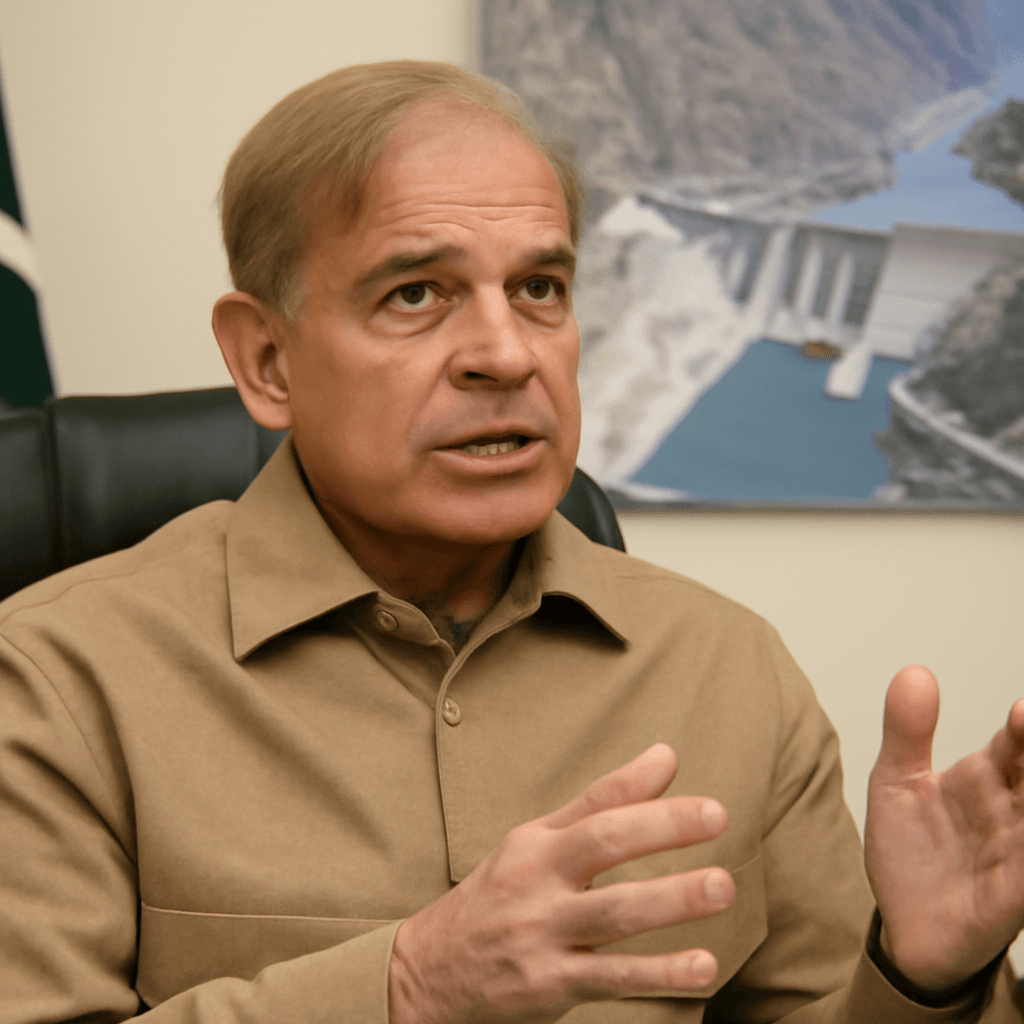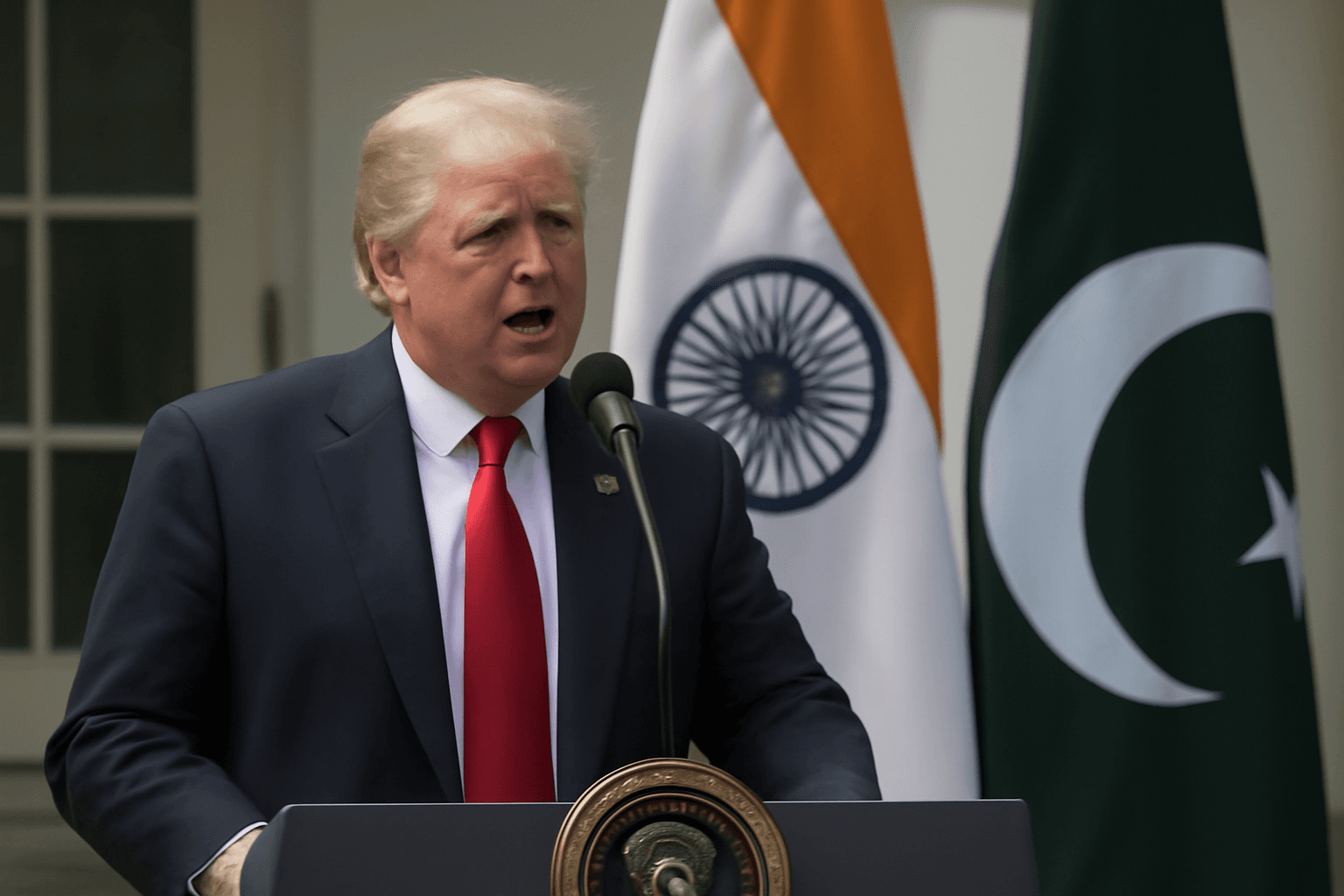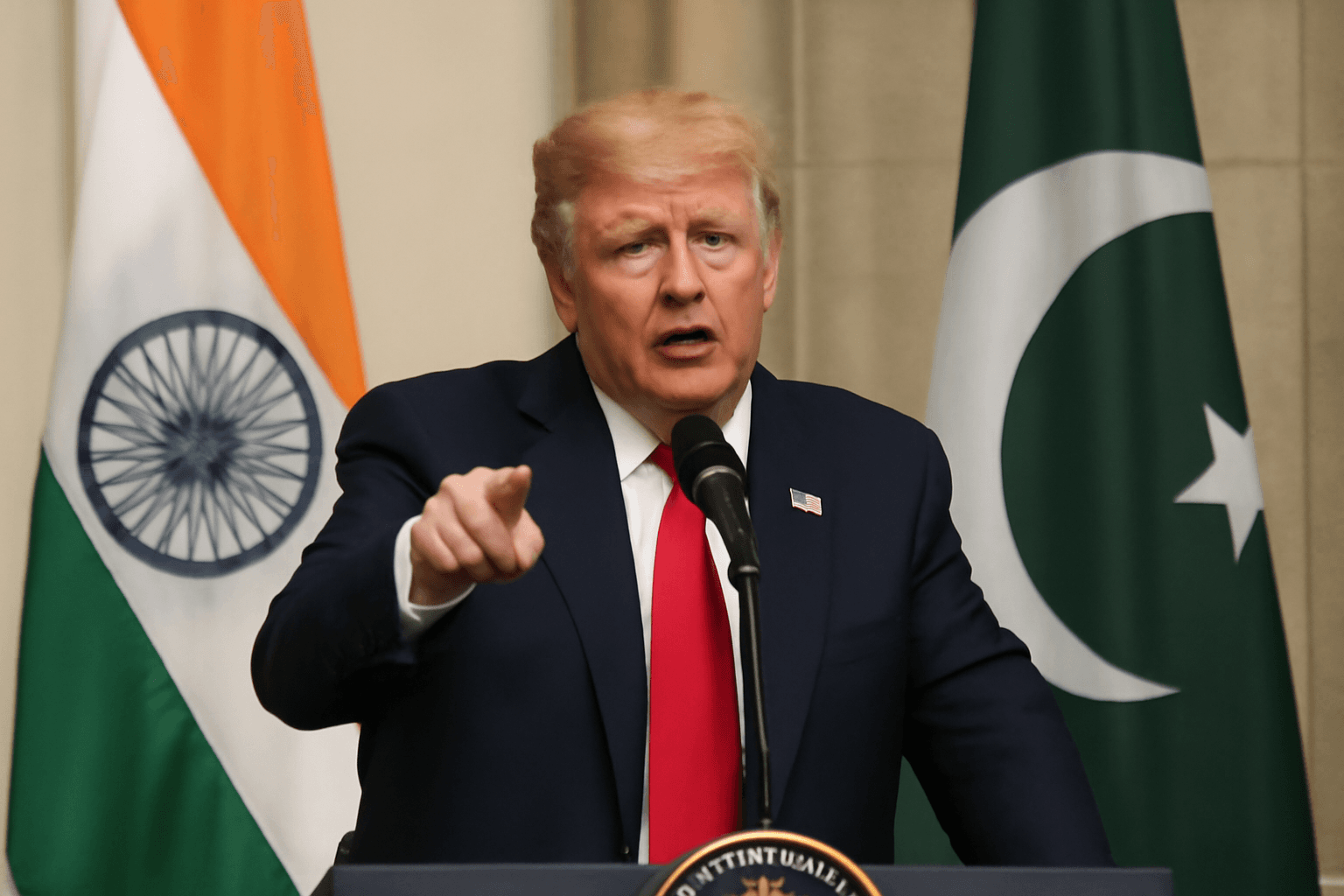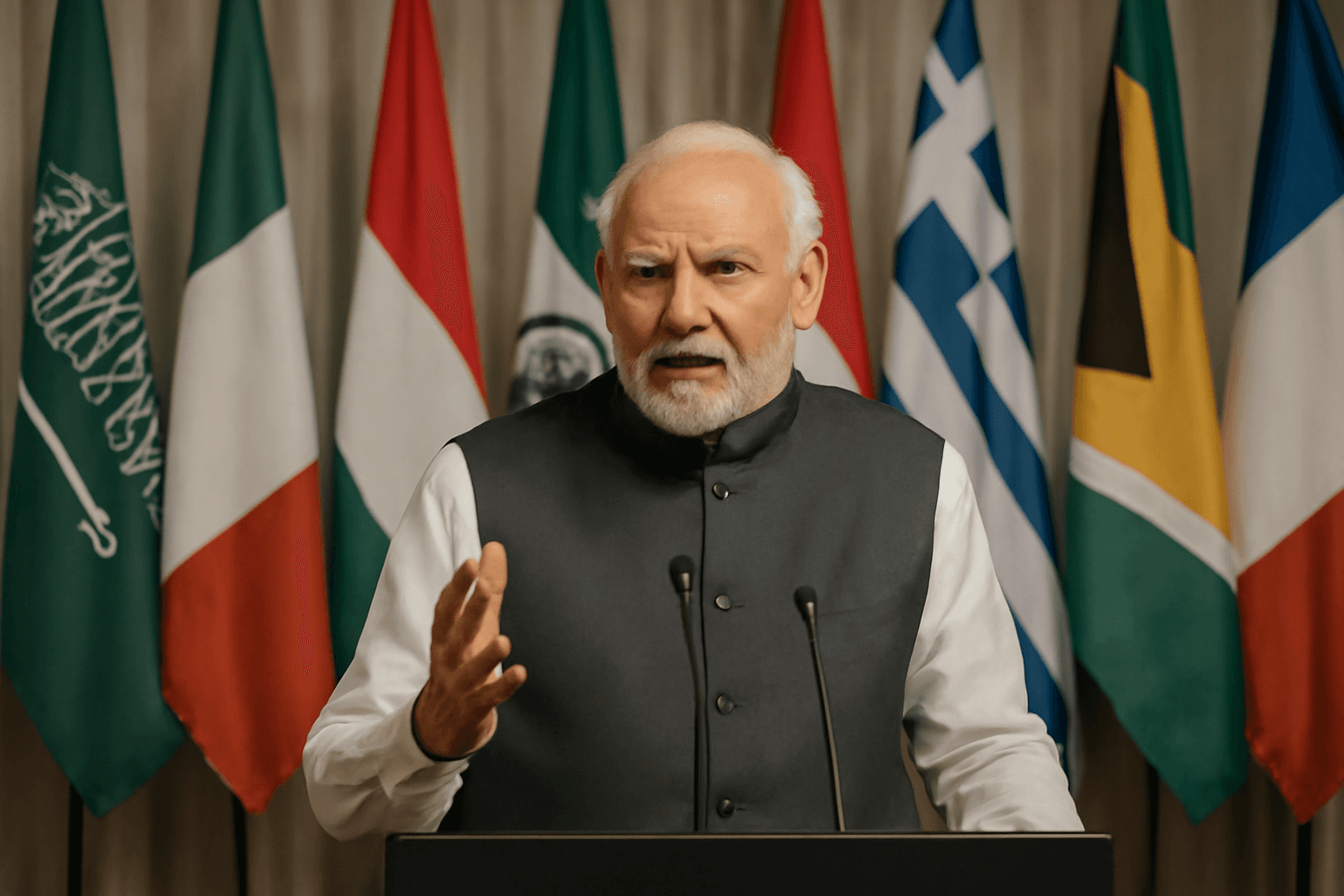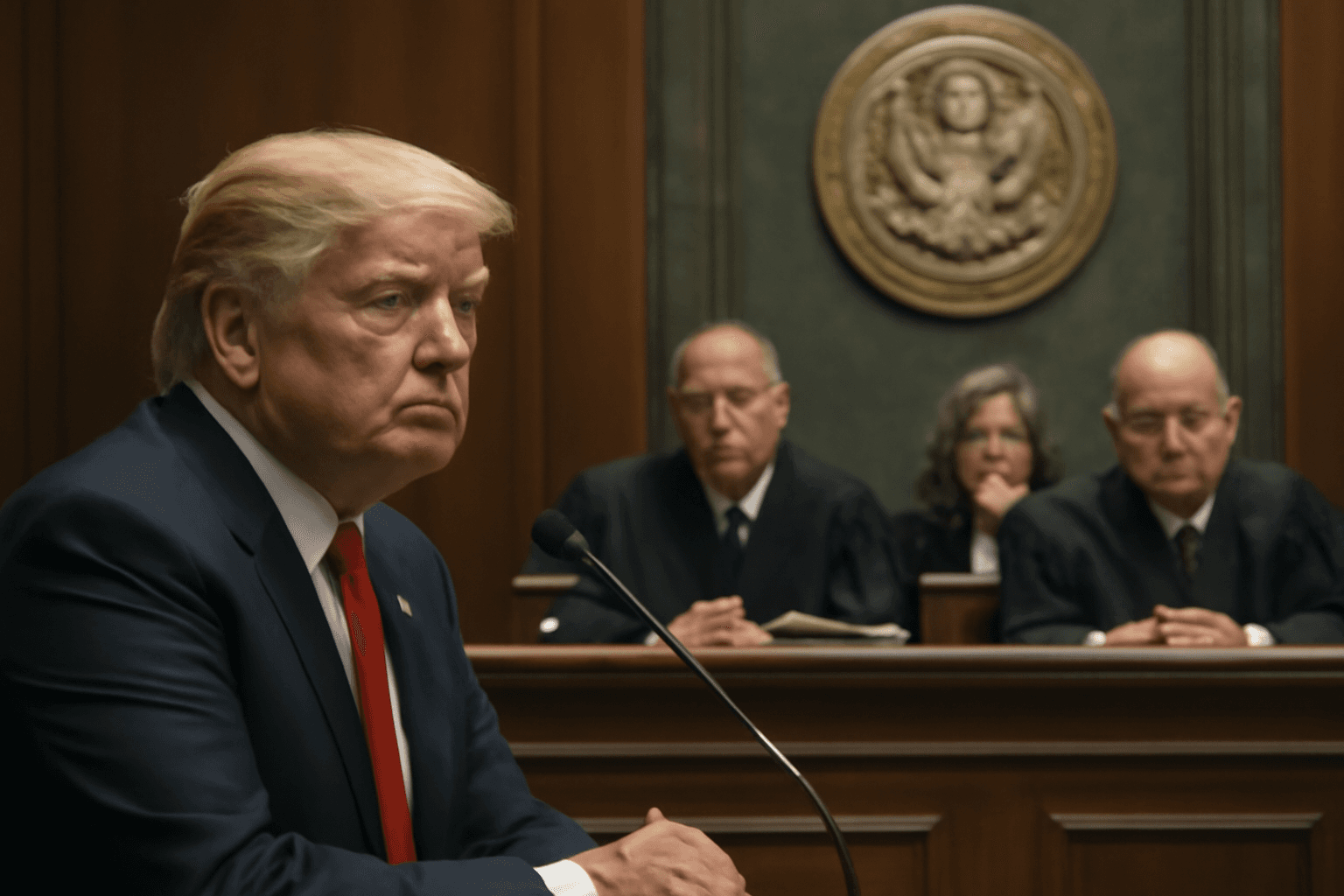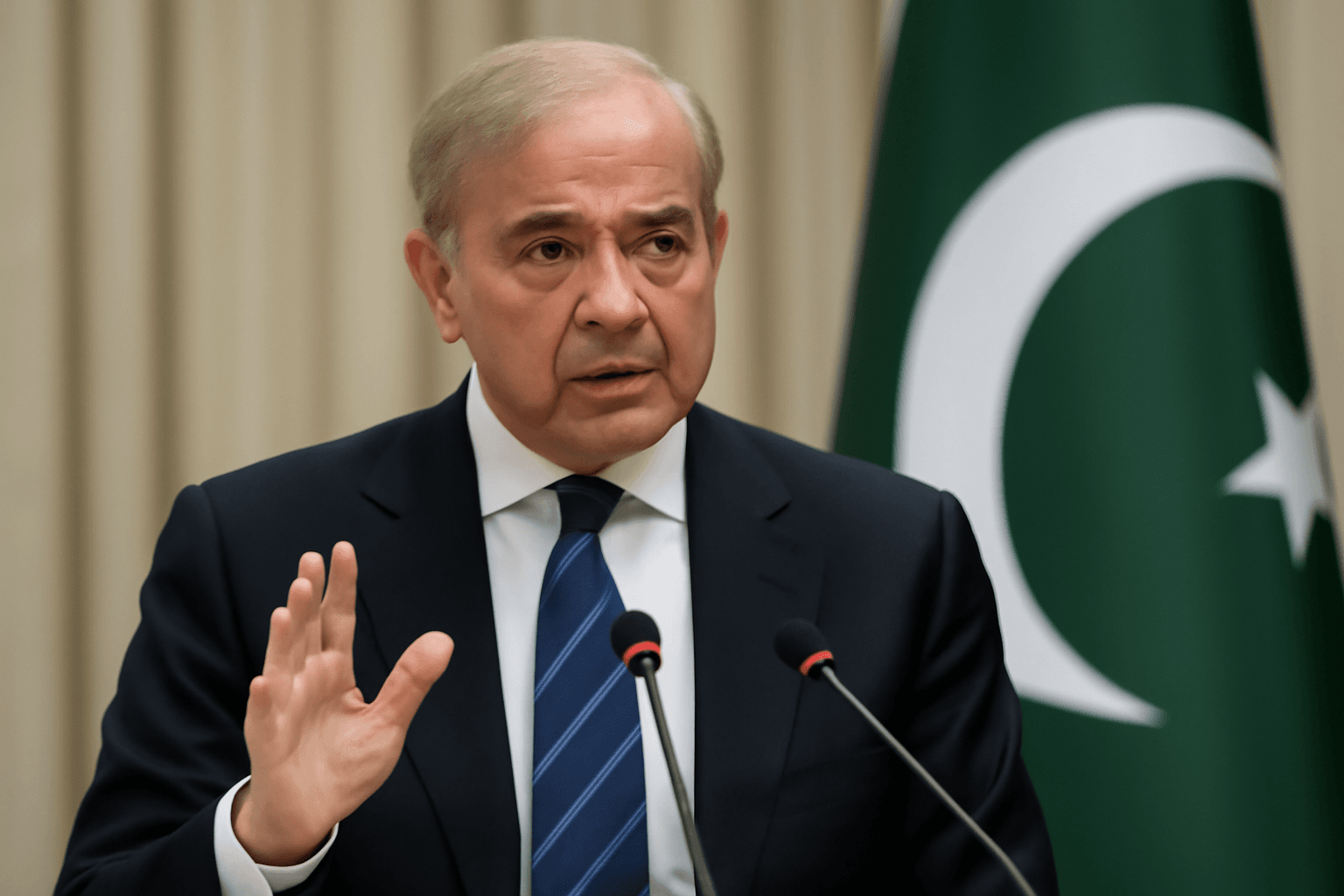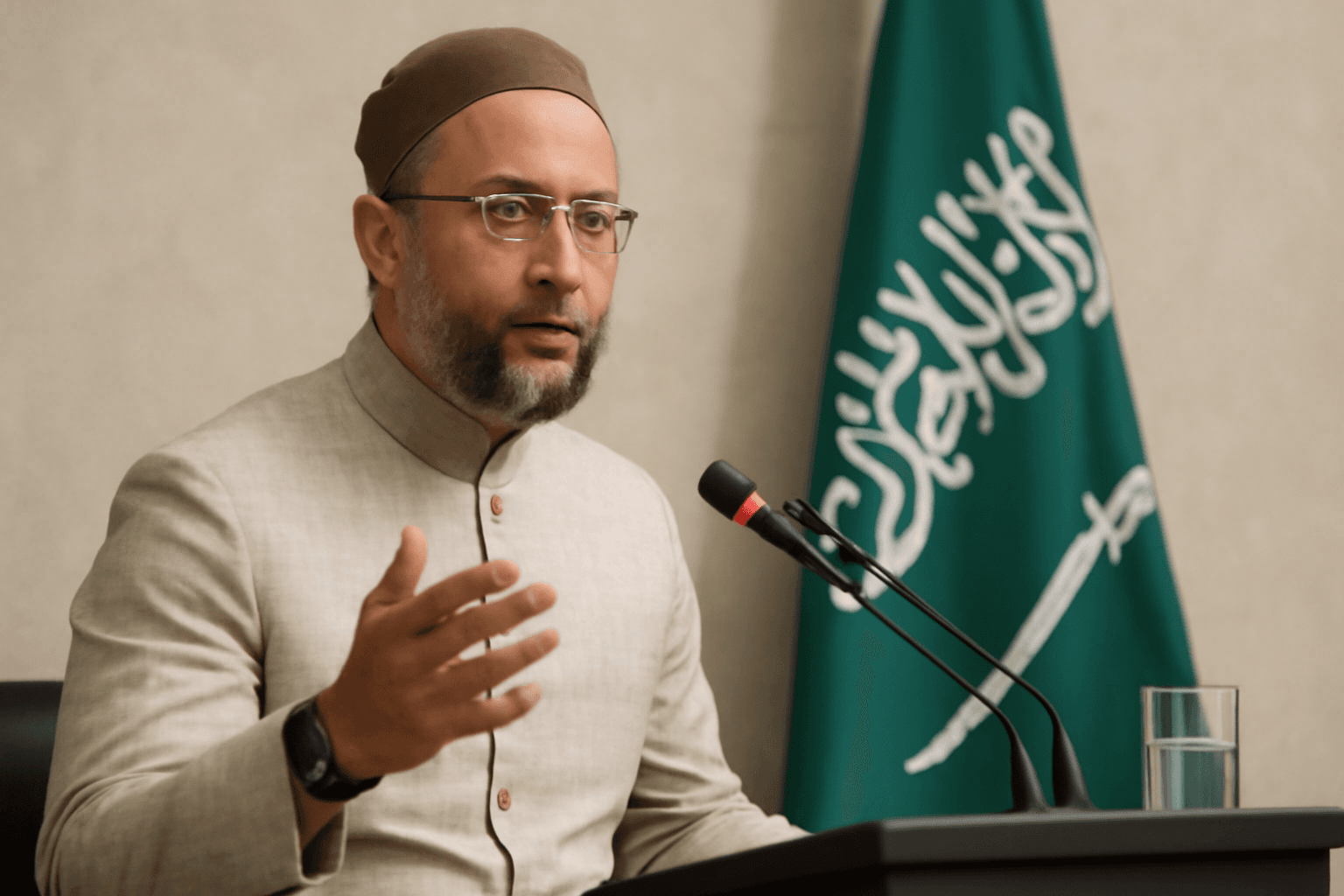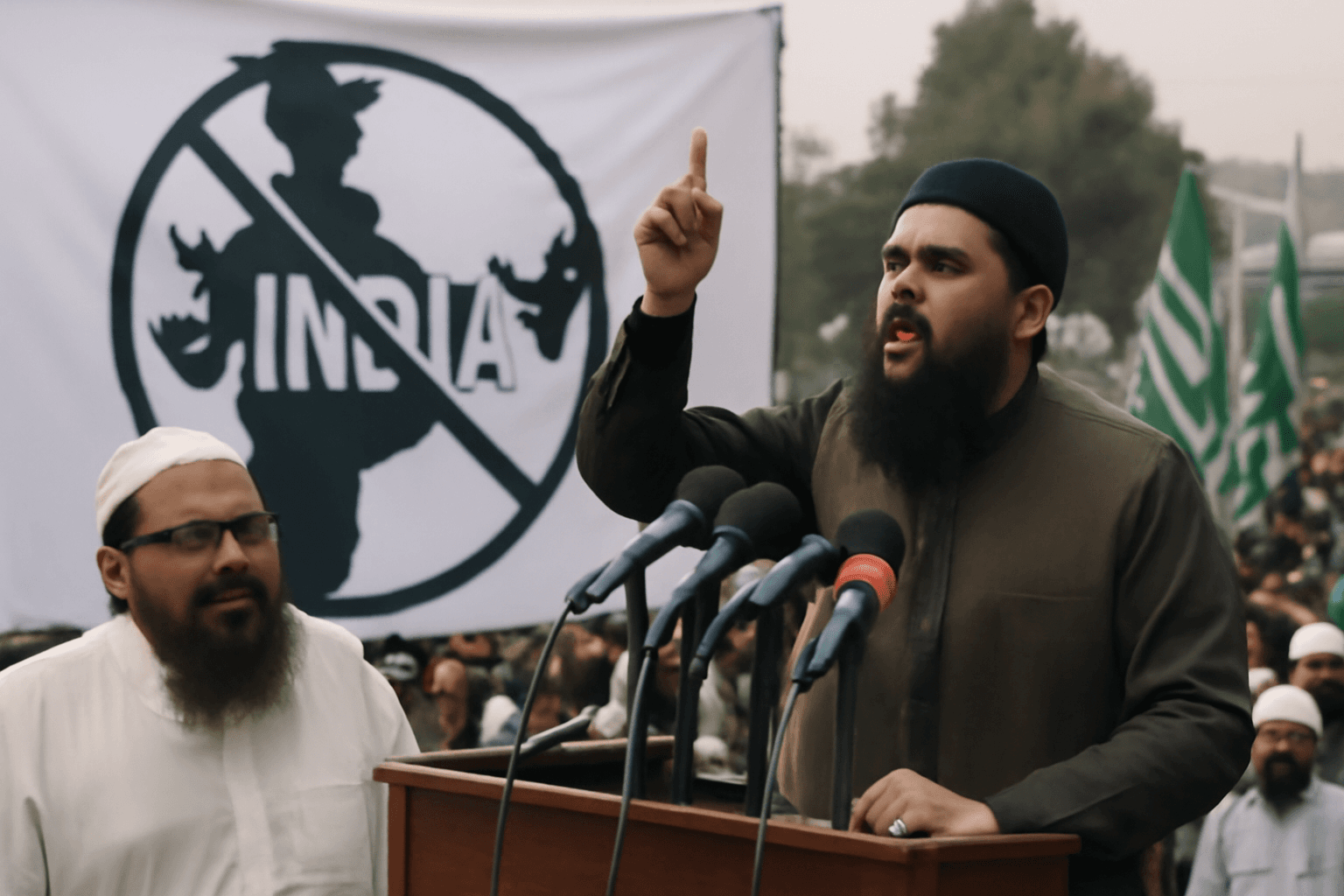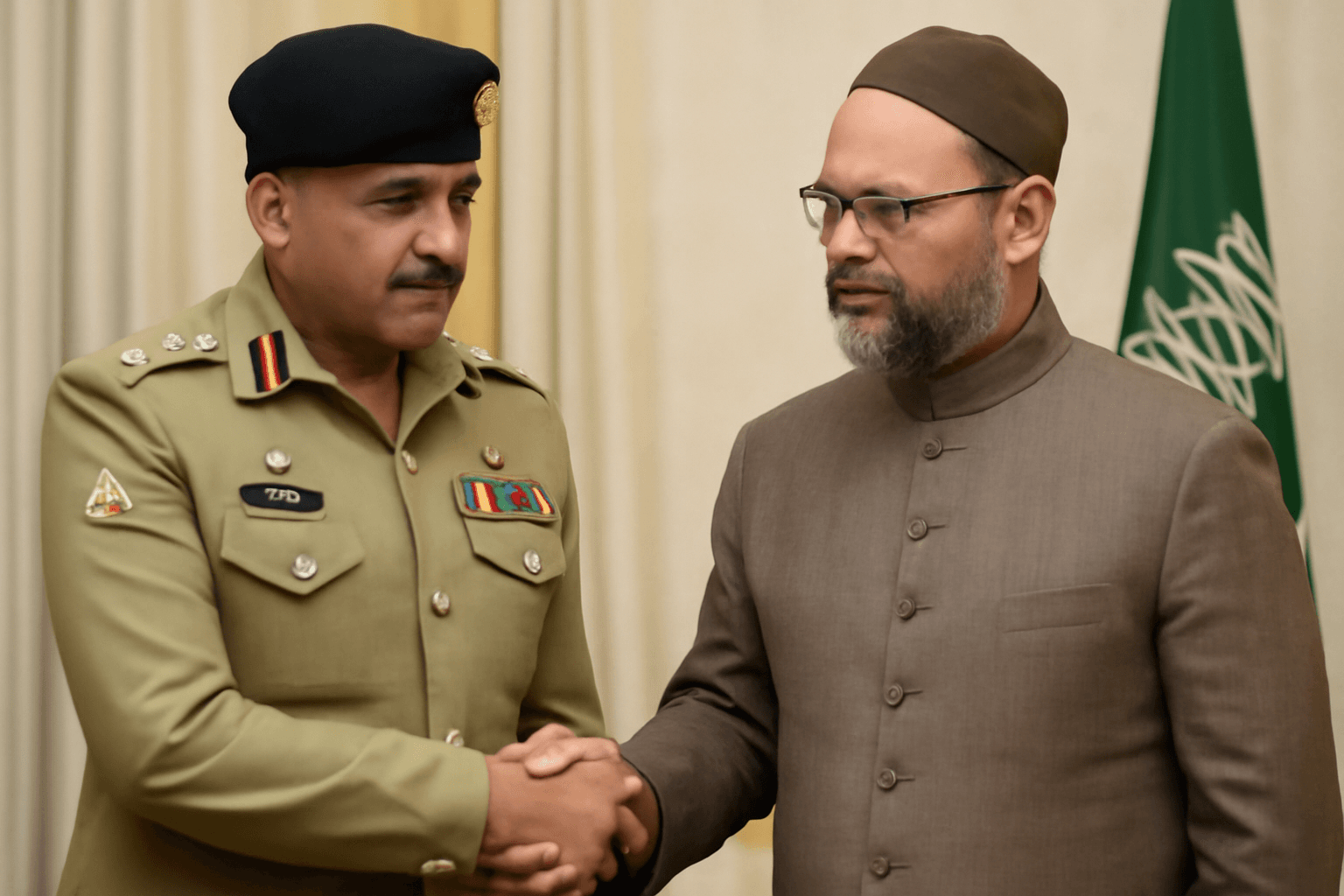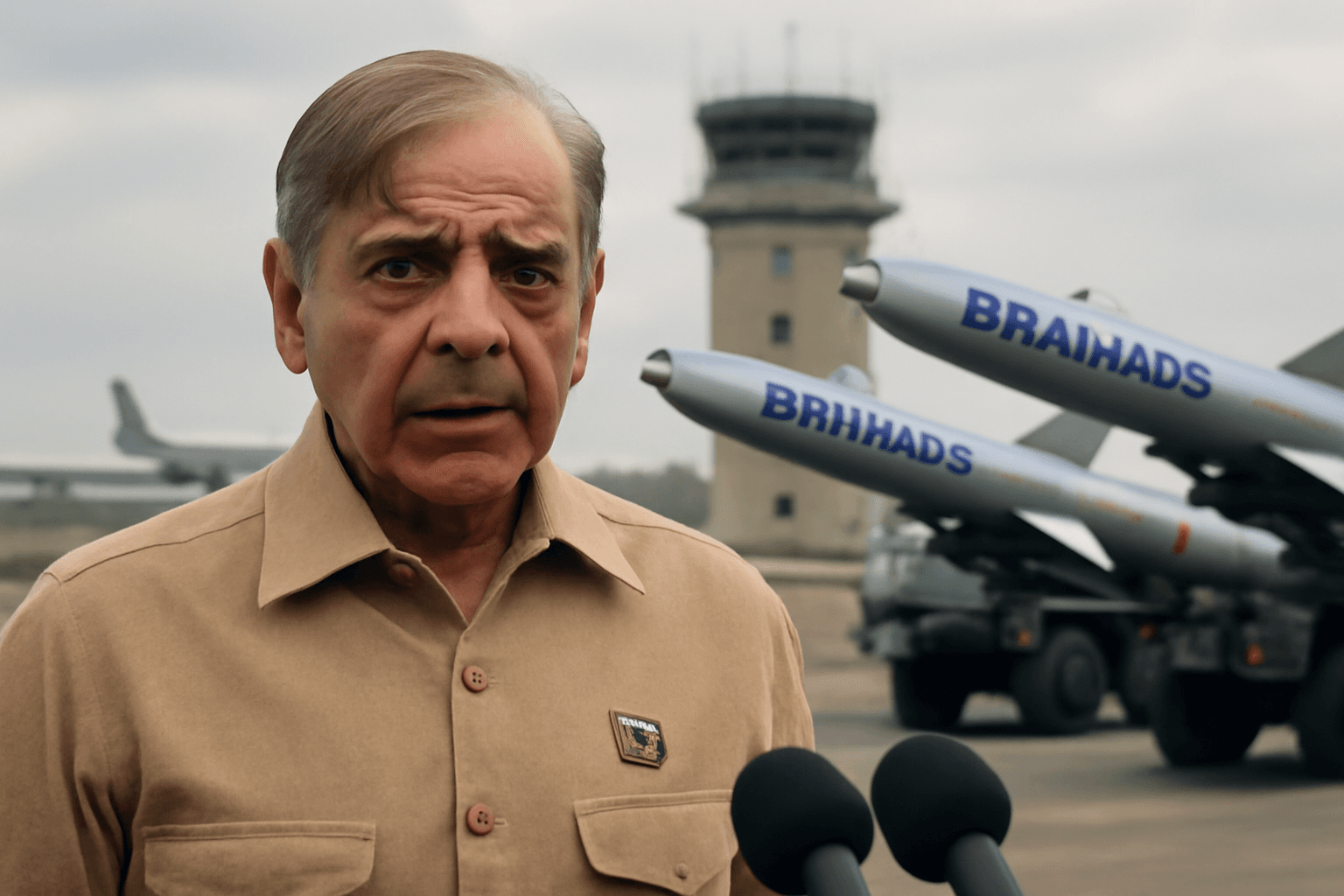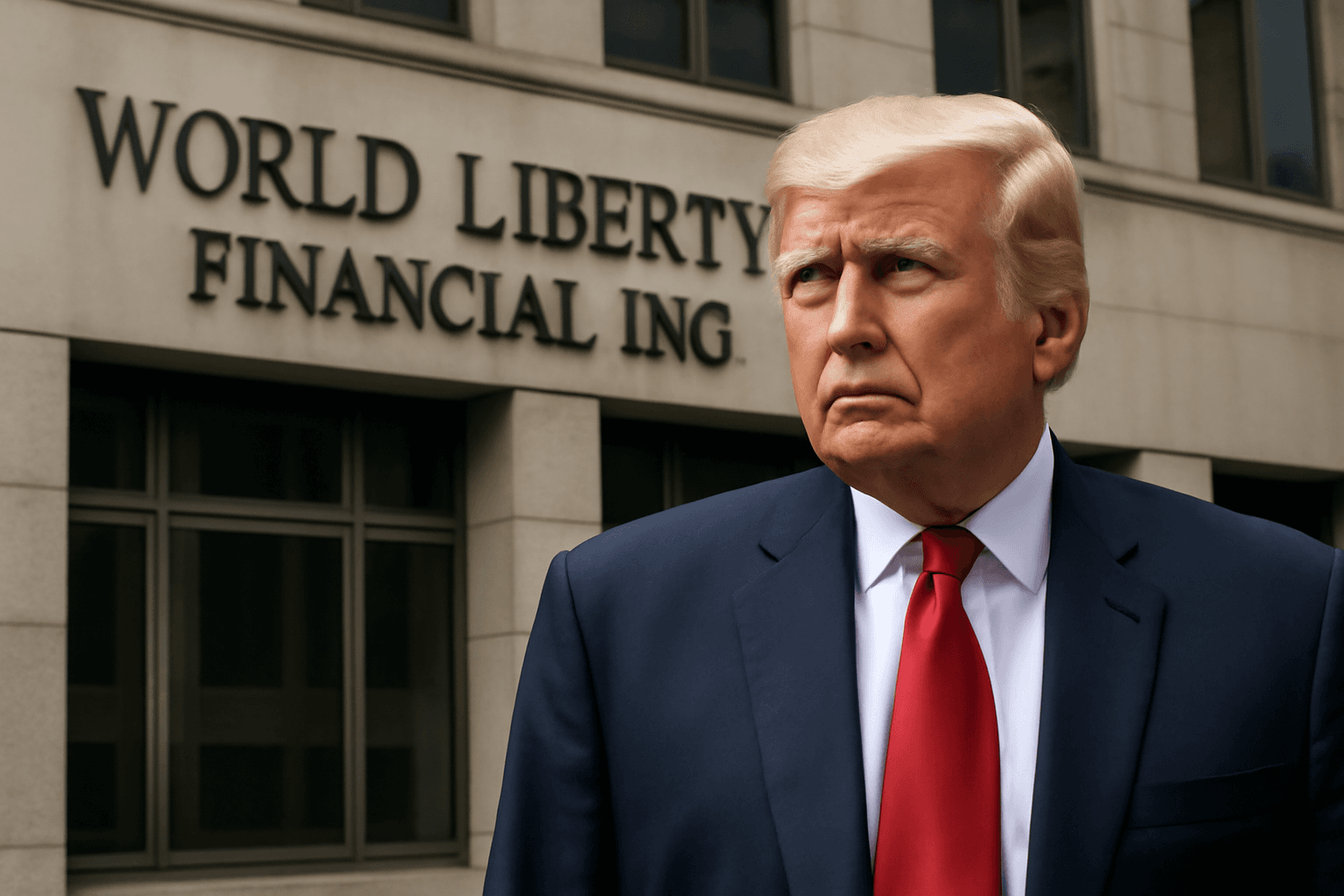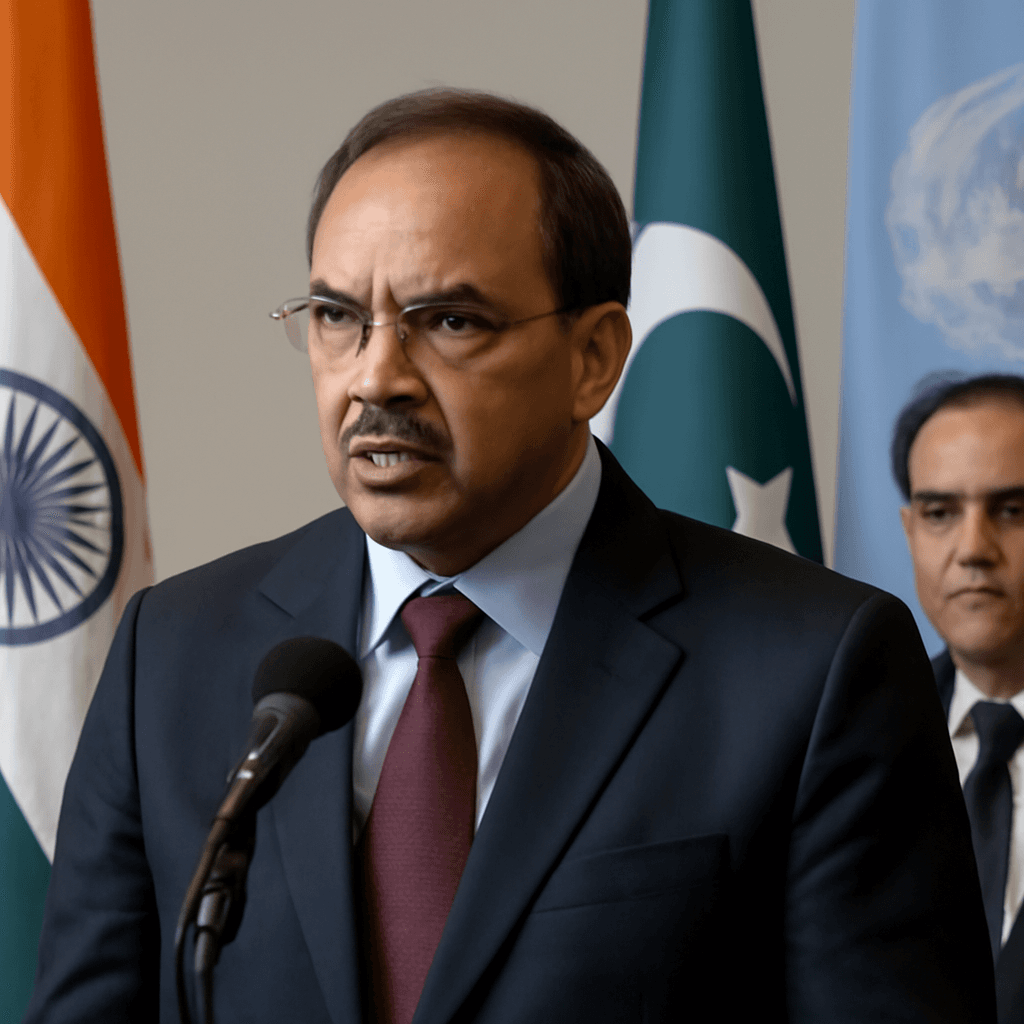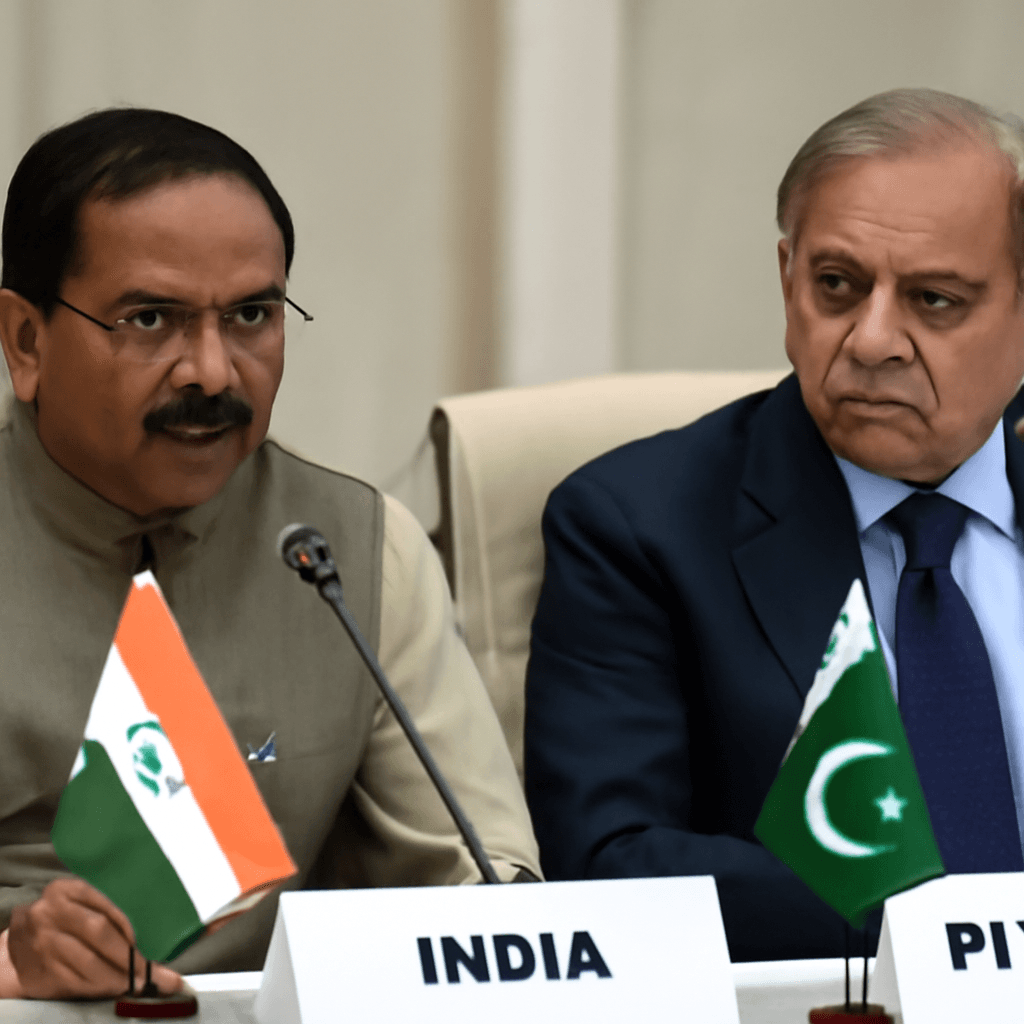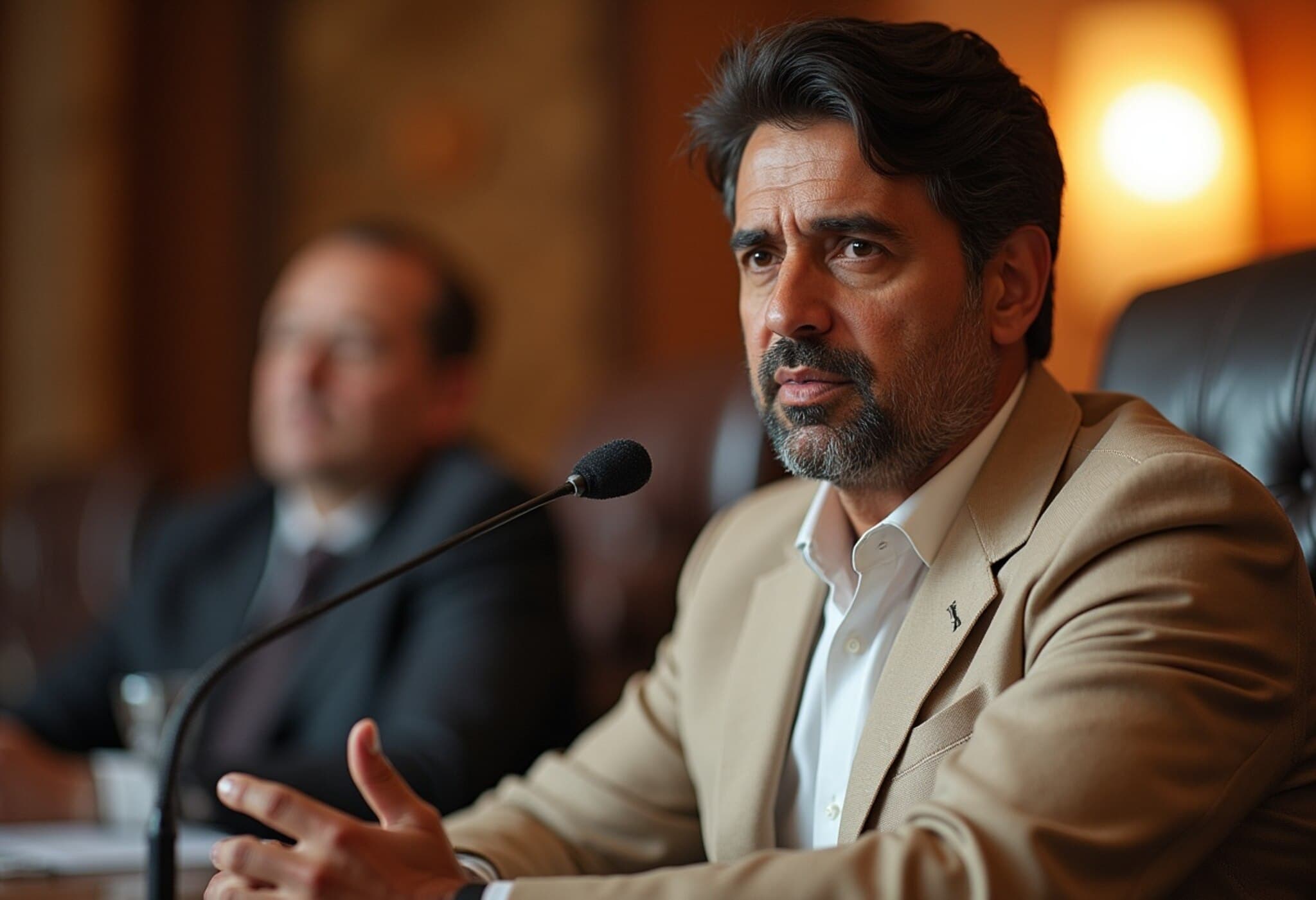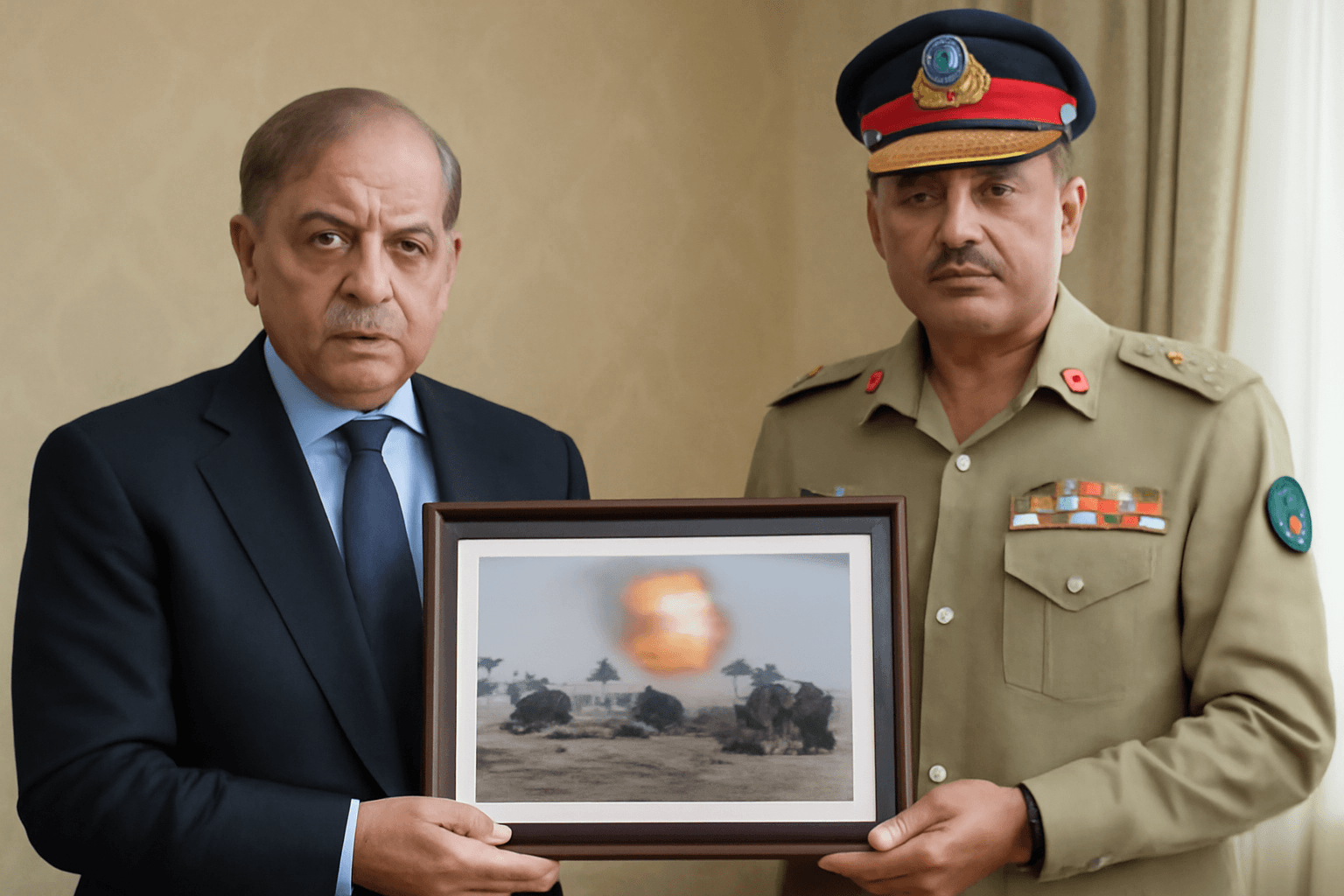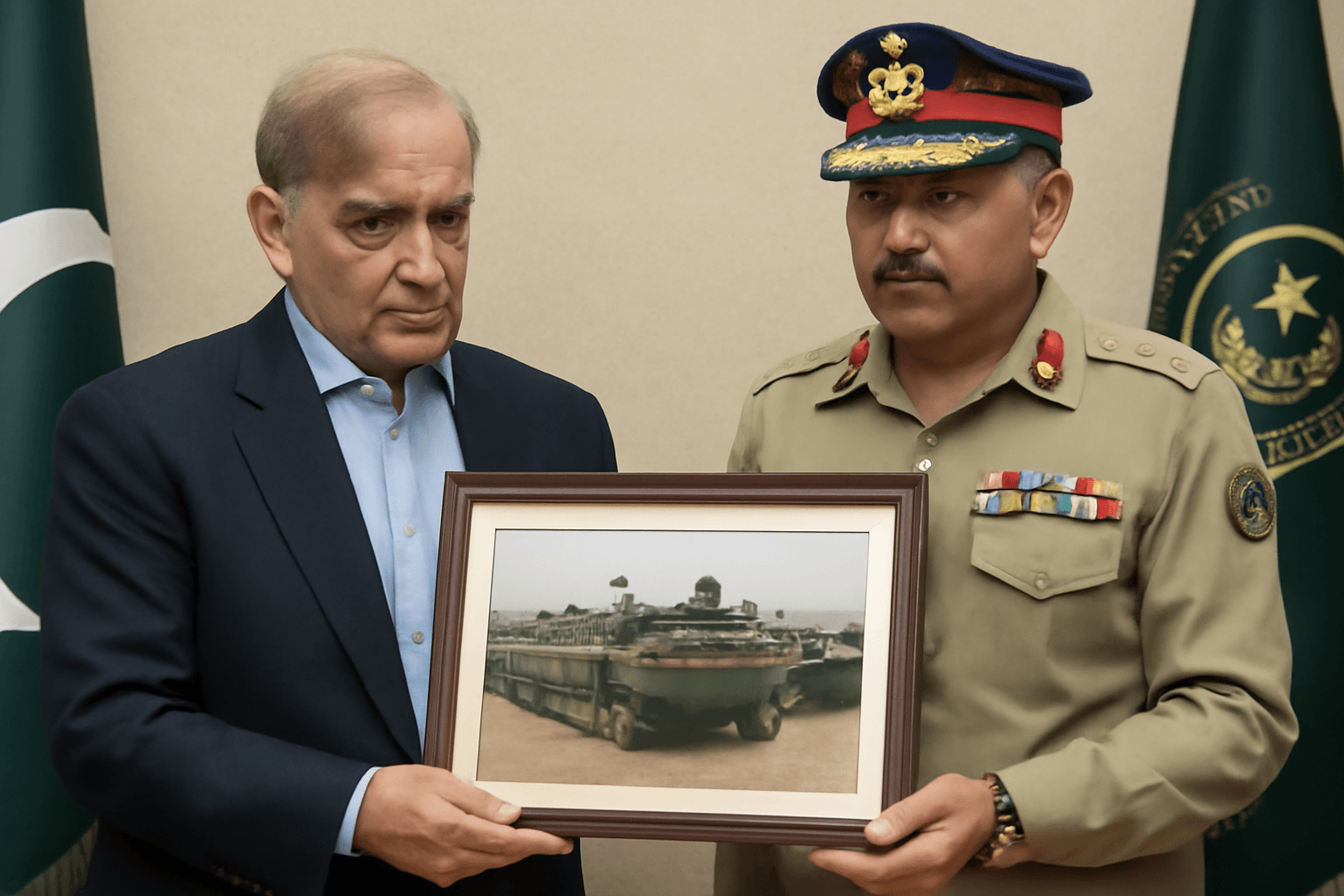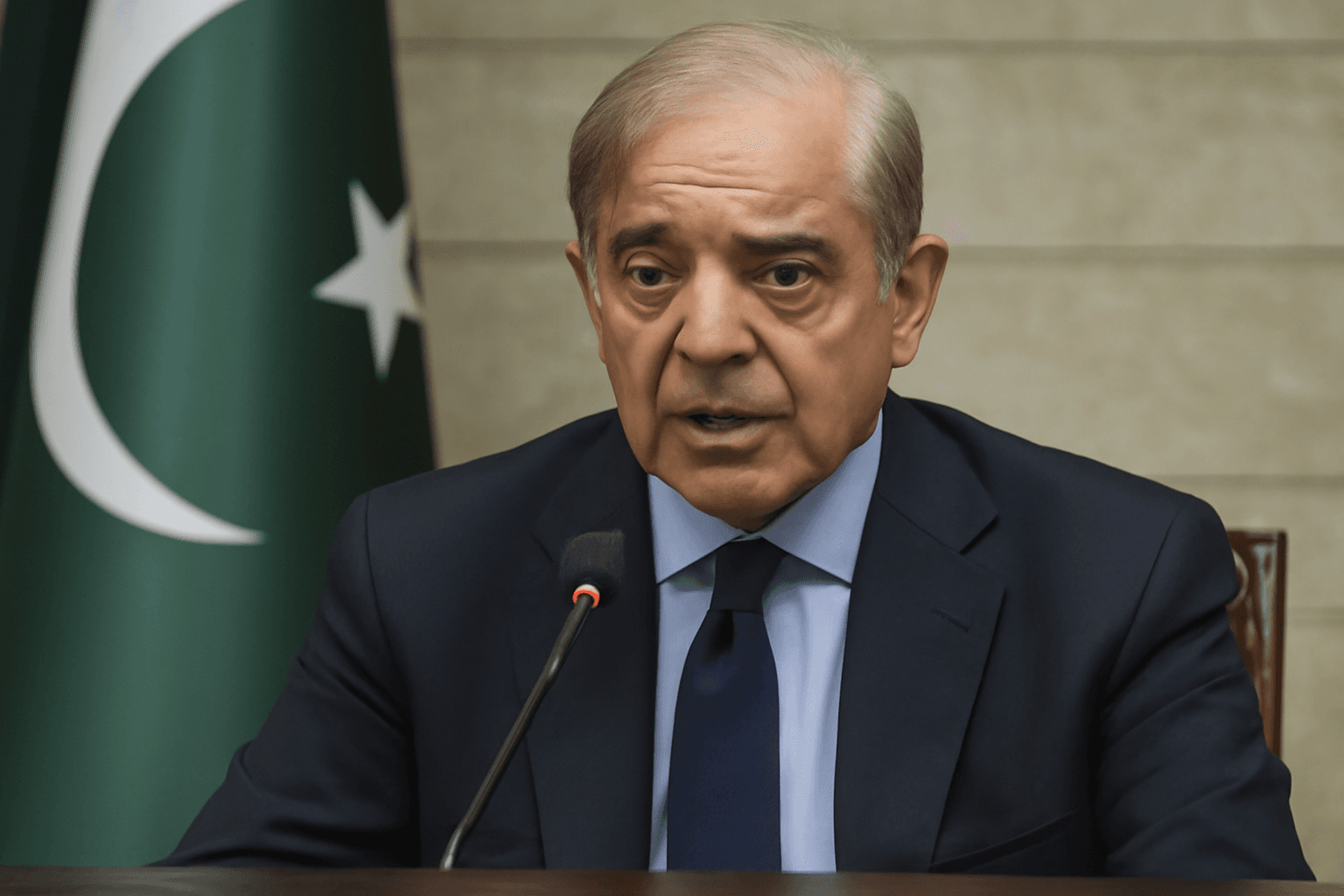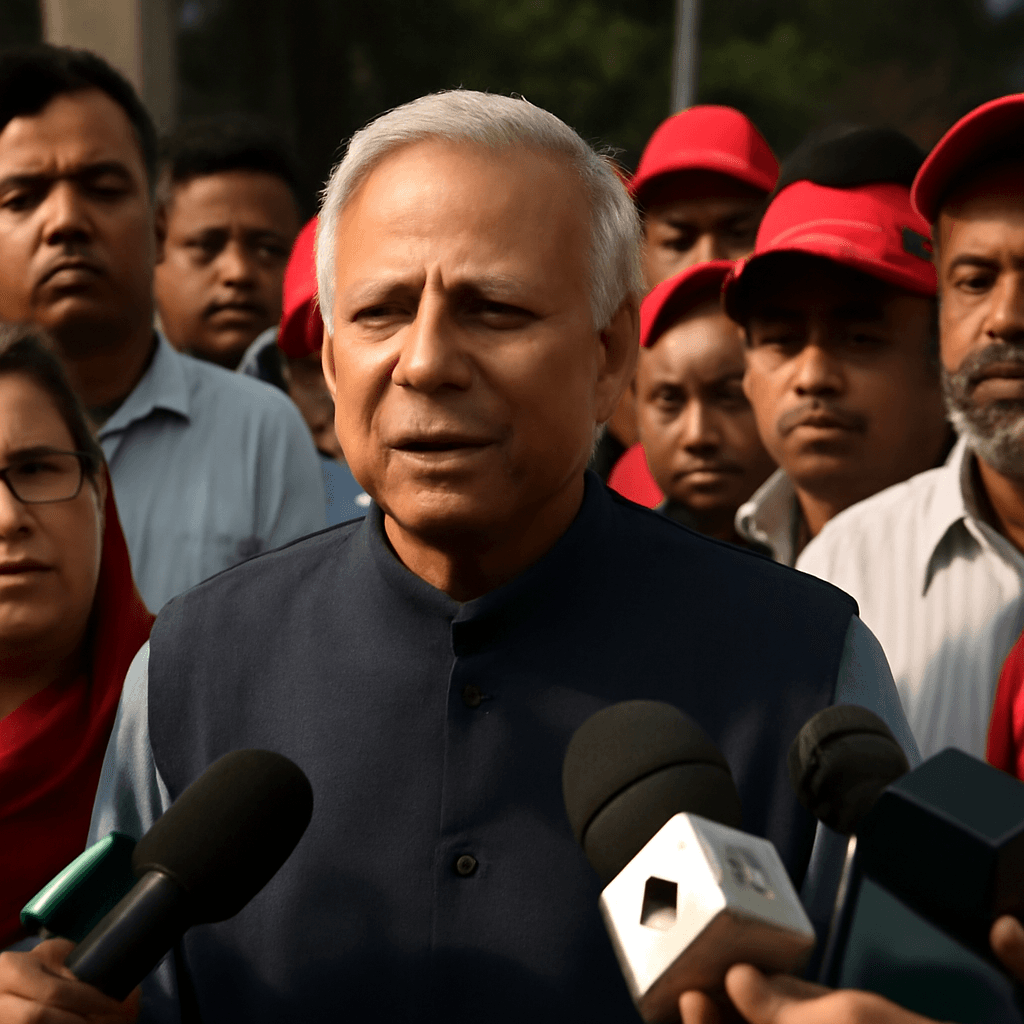Pakistan Calls for Increased Water Storage Capacity Amid Indus Waters Treaty Suspension
In response to India's recent suspension of the Indus Waters Treaty (IWT), Pakistan's Prime Minister Shehbaz Sharif has urged provincial authorities to accelerate efforts to enhance the nation's water storage infrastructure.
Context of India's Suspension of the Indus Waters Treaty
India placed the 1960 Indus Waters Treaty in abeyance in April 2025, shortly after a deadly terrorist attack in Jammu and Kashmir claimed the lives of 26 people. Indian intelligence agencies implicated Pakistani nationals in the incident, prompting New Delhi to push back against Islamabad's alleged involvement.
The Indus Waters Treaty, a bilateral agreement governing water sharing between India and Pakistan, allocates the waters of the Eastern Rivers (Sutlej, Beas, and Ravi) exclusively to India, while the Western Rivers (Indus, Jhelum, and Chenab) are primarily designated for Pakistan's use. While India is permitted limited use of Western Rivers for specified purposes, it is prohibited from obstructing their natural flow into Pakistan.
Prime Minister Sharif's Directive on Water Storage and Development
During a meeting at the Corps Headquarters in Peshawar, Prime Minister Sharif emphasized the necessity for "tough decisions" to secure Pakistan’s development and prosperity. He emphasized the critical need for provincial collaboration to expand water storage capacity as a strategic response to India's actions.
Key points from the address:
- Calling for provincial engagement to enhance water storage facilities.
- Directing expedited construction of the Diamer-Bhasha Dam as a priority project.
- Highlighting the role of water security in economic self-reliance, particularly in agriculture and energy sectors.
Accelerating the Diamer-Bhasha Dam Project
Prime Minister Sharif convened a separate meeting focused on advancing the Diamer-Bhasha Dam's completion. He urged authorities to swiftly resolve impediments to the project, emphasizing its importance in securing affordable electricity and reliable irrigation water.
Planning Minister Ahsan Iqbal noted that the dam's initial estimated construction cost stood at Rs 479 billion (as of 2018), with Rs 120 billion already allocated for land acquisition. However, delays and administrative postponements have substantially inflated costs.
Fiscal Constraints and Sector Budget Reductions
Despite the urgency, Pakistan plans significant budget reductions for the energy and water sectors in the current fiscal year:
- Energy sector budget cut from Rs 169 billion to Rs 144 billion
- Water sector budget cut from Rs 135 billion to Rs 109 billion
These cuts highlight the challenging fiscal environment in which infrastructure development must proceed.
Significance of the Indus Waters Treaty
The Indus Waters Treaty has historically been a cornerstone agreement for water sharing between India and Pakistan, even amidst tense bilateral relations. Experts consider it a notably generous pact for Pakistan, as approximately 70% of the overall water flow from the Indus system—primarily from the western rivers—is allocated to Pakistan’s use.
India’s suspension of the treaty marks a significant escalation in bilateral tensions, underscoring the critical importance of water resource management to Pakistan’s national security and economic stability.

